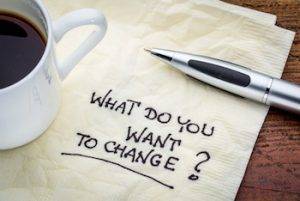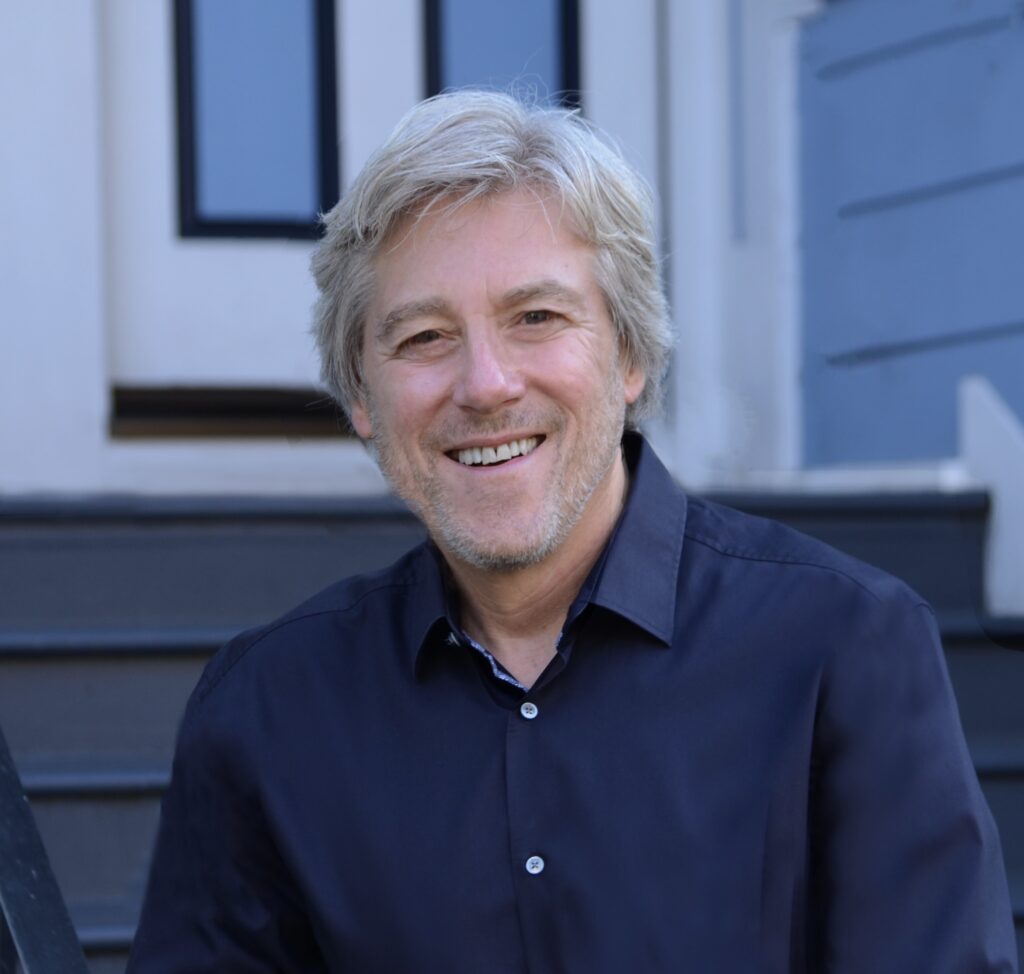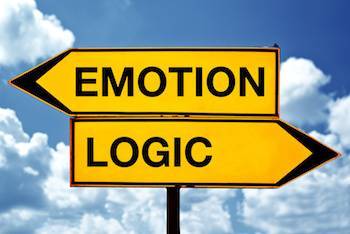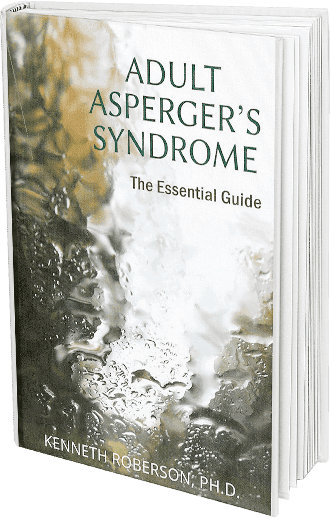
Is it possible for someone with Autism Spectrum Disorder to change? My answer is: Yes.
This may surprise you given the common belief that one is born with Autism. After all, if Autism Spectrum Disorder is the product of brain abnormalities, and there is strong evidence that people with ASD are neurologically different, how would it be possible for someone with ASD to change? Inherited conditions such as Huntington’s disease or cystic fibrosis cannot be cured, why would one assume Autism could be? Wouldn’t it make more sense to focus on treating ASD rather than changing it?
I believe the model of change we associate with neurological conditions, that there is no possibility of changing brain structure and function, is flawed when it comes to Autism Spectrum Disorder.
For one thing, there is no known cause of Autism Spectrum Disorder. Evidence of neurological differences in people with Autism does not mean the cause of it is neurological. We often think of depression as part of the makeup of some people but many “normal” people get depressed.
Just as importantly, although a condition may be associated with differences in brain development and functioning that condition may be responsive to change. A stroke causes immediate and distinctive effects on someone’s physical functioning but in many instances, through rehabilitation and therapy, these effects can be lessened and in some cases reversed entirely.
This is not to say that people with ASD can change their entire personality and behavior, certainly not in every instance. Rather, there is every reason to assume, given the right circumstances and with enough help and support, much of what is characteristic about Autism can be altered, even eliminated.
For this to happen, however, three things must occur.
Motivation
People with Autism Spectrum Disorder can’t change how they act, think and feel unless they want to. Without the desire to change and the willingness to make it happen, change is impossible.
Think of ASD as a set of skills that are undeveloped, and in a few cases absent altogether. By skills, I mean the competencies needed to relate to people successfully, to be attuned to others, and have greater, deeper connections with others. These competencies, or skills, can be learned just like most other skills if the person wants to learn them.
Again, the common view of Autism is that it’s “hard-wired” from birth and can’t change. Yet it’s true that numerous examples exist of the brain changing in response to training and experience. Neuroscientists tell us that one’s brain can rejuvenate and improve itself. Our brain forms new neurons throughout our lives, and the connections and functions in the brain change as well. What we do day-to-day influences our brain’s functions, and we can participate actively and consciously in the rewiring of our brain.
Although Autism may be a genetically based, neurologically influenced condition, with enough motivation and sufficient willingness to put in the work to make it happen, change is entirely possible.
Education
Problems can be solved only if we understand them. One has to acquire knowledge of what drives Autism Spectrum Disorder in order to do something about it. Knowing why someone with ASD acts the way they do makes all the difference in creating change.
What I’m referring to by “what drives Autism” is the problem of grasping what other people are thinking and why they think the way they do. This problem is not inherent or embedded in someone’s genetic make-up. It is an outcome of the focus on one’s inner world rather than the world of other people, and this is the fundamental problem of ASD.
Understanding this foundational cause of Autism Spectrum Disorder together with the motivation to be different, provides two of the essential conditions for successful change. That is, knowing why I do what I do and wanting to do it differently make change possible.
Support
No one can change who they are without the help and assistance of others. We need encouragement to support us through the difficult work of change. We need perspectives on how to change that are different from the ones that keep us where we are. For those in a partnership, we need to know that we alone are not the cause of problems in our relationship and that the true problem lies in the blending of two different relationship styles. We need a foundation of empathy, caring, and nurturing from others to make change safe and desirable.
Help is what drives change. It is what makes change happen. Without help from others, solving the challenges of Autism is difficult, to say the least.
With the support of others, an understanding of the essential problem of ASD and a strong and clear motivation to be different, changing Autism Spectrum Disorder is entirely possible.




